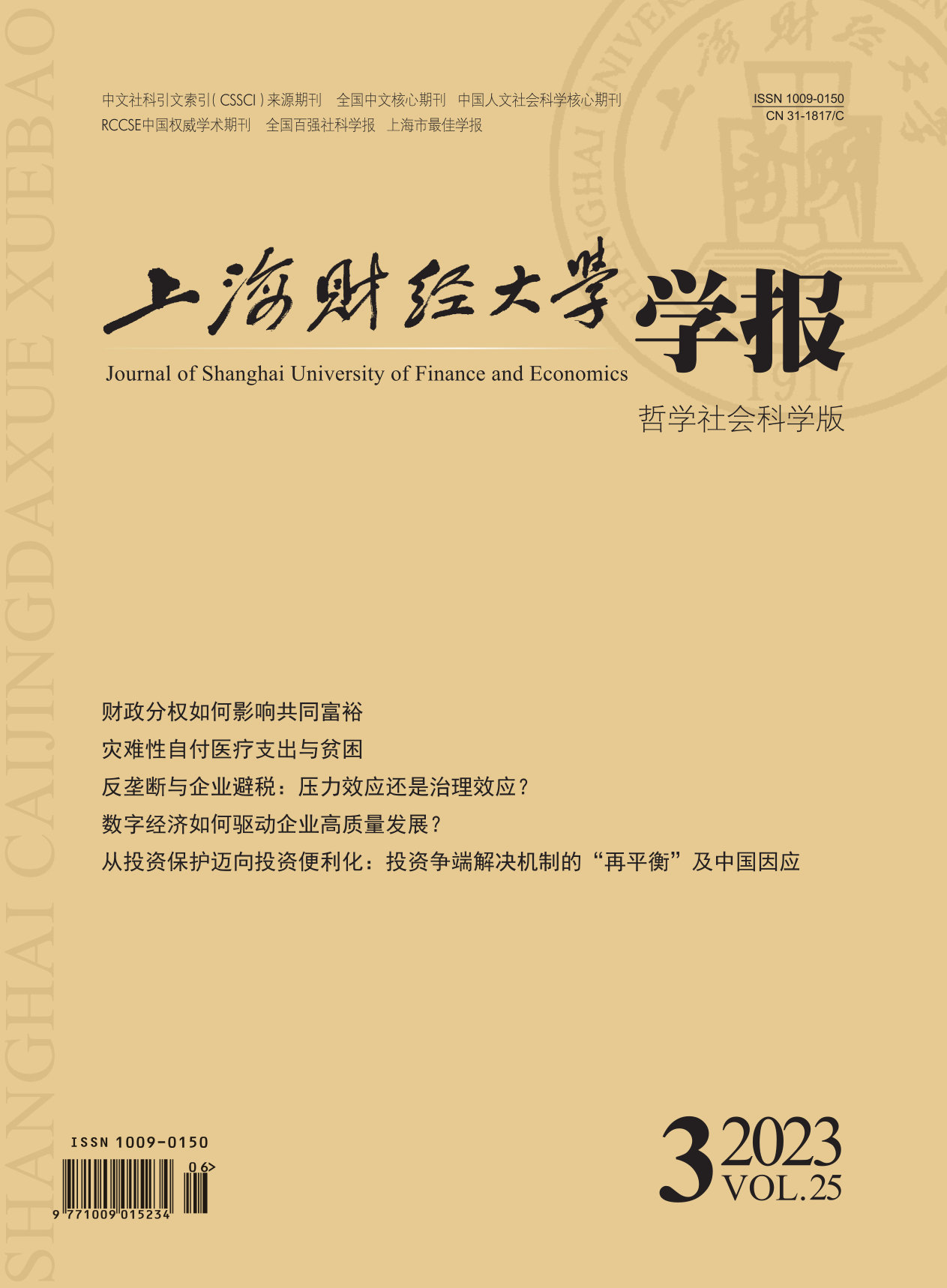Constrained by the continuous development of Neo-liberalism and investment protectionism, investment arbitration based on commercial arbitration has inherent disadvantages. The interests and values of multiple parties involved in investment conflict, the problem of rights gap between investors and host states is difficult to resolve, and the divergent claims between developing countries and developed countries is difficult to coordinate. The “asymmetric” form of multiple elements, such as the participation of subjects in the conclusion of the treaty, the distribution of rights and obligations in investment practice, and the unbalanced development of global investment, has led to “imbalance” chaos of global investment governance. The traditional Investor-State Dispute Settlement (ISDS) mechanism is in a “crisis of legitimacy”. The negotiations of ISDS mechanism reform have reached an impasse.
In contrast, investment facilitation, as an emerging investment issue, takes “constructive” sustainable development as its connotation, cares about all parties involved in the investment, acts on the entire investment cycle, and focuses on achieving routine cooperation in international investment through mechanism construction, especially emphasizing the use of capacity building and aid to promote the cooperation with developing countries. Taking it as a reference, the reform of the ISDS mechanism in the context of investment facilitation, can explore to “correct” the “dislocation” of the subjects in investment rules and investment practice, balance the distribution of rights and obligations between the disputing parties, correct the current “asymmetric” form of investment dispute governance.
As a great power with two-way capital flow, China has both needs and responsibilities to participate in the multilateral reform process of the ISDS mechanism. As an advocate of investment facilitation, China should uphold the sustainable notion of “full-time and comprehensive” for the reform of the ISDS mechanism. At the bilateral level, by updating the text of the current investment agreement, China will gradually try to implement investment rules oriented to investment facilitation, and redistribute the rights and obligations of the investor and the host state. Providing a sustainable ISDS mechanism reform plan at the multilateral level, China will re-coordinate the interests of developing and developed countries.





 6689
6689  8091
8091

